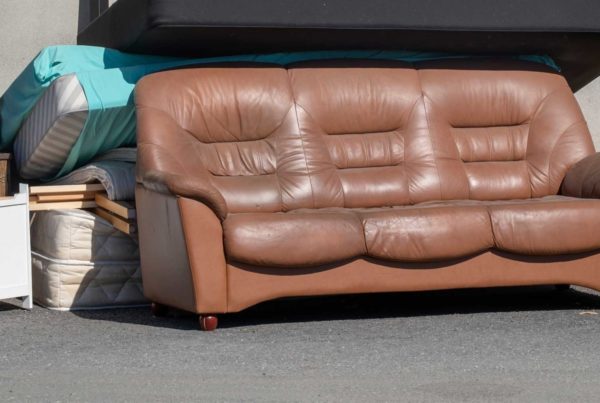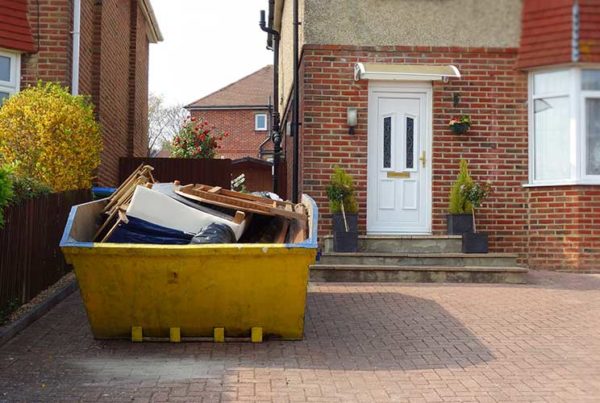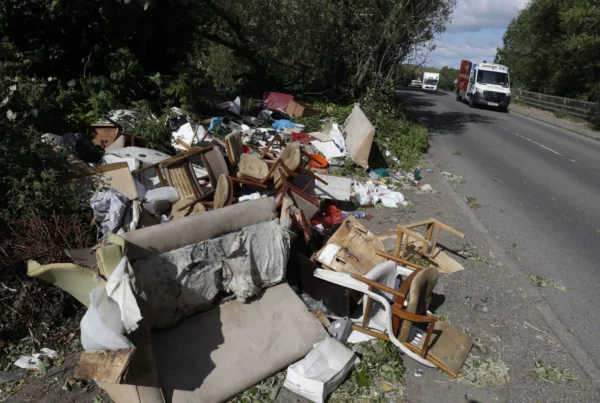
15 ways to live an eco-friendly life
Many households want to become more eco-friendly and sustainable to improve the quality of our planet. If you are one of these and need some pointers, check out our best tips to start your journey. Most of them are super easy and accessible for all families.
1. Recycle
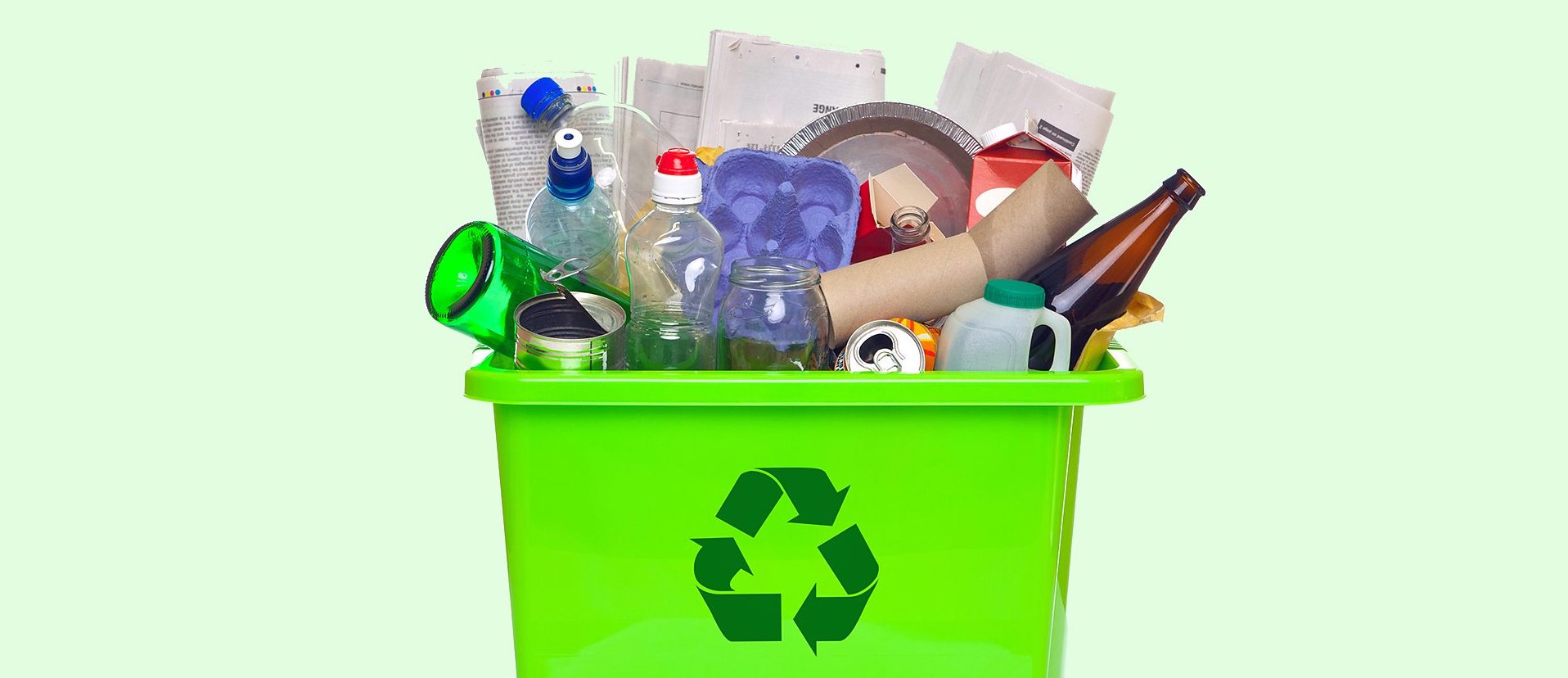
By now we should all know the importance of recycling your waste as much as possible. When you send your recyclables to the appropriate facility, they can be reused and manufactured into other items. When you recycle, you help the environment by conserving energy, and reducing the levels of pollution, and greenhouse gases. Check your local council guidelines for which items should be in which bins. For larger items such as appliances, take them to your local recycling center to ensure that they go to the correct place. You can count on us to make sure your waste goes to the correct facility. If you have a large amount of waste to dispose of, check out our skip sizes and prices to choose the most ideal for your project.
2. Buy second hand

Shopping in your local charity shops can make a serious impact on the environment. It can help by reducing carbon emissions, as well as saving resources, water, and energy. Not only that but giving items a new life stops them from damaging our world by ending up in landfill. If more people shopped second-hand, the demand for clothing items would decrease, therefore, reducing the demand for production.
3. Donate Unwanted Items

Donating your old belongings will have the same effect as buying new ones at second-hand shops. Any clothing, shoes, or valuables that you no longer need, can be donated to a charity shop near you. By doing this you reduce the amount of waste in landfill, reduce demand for new items, and help fashion become more sustainable. It is one of the easiest and most selfless ways to improve your sustainability.
4. Avoid disposable items
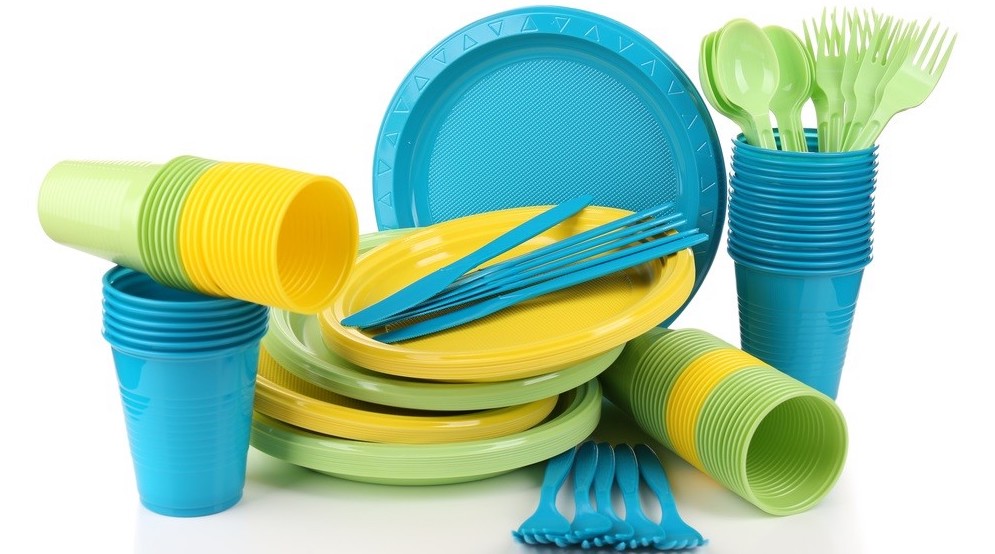
Single-use plastic is an easily avoidable, expensive, waste of plastic. It is estimated that the UK uses 1.1 billion single-use plates, 2.5 billion single-use coffee cups, and 4.25 billion other single-use items per year. These can cause serious harm to our environment, as well as increase the demand for production. Plastic straws, stirrers, and cotton buds have been banned. The UK government plans to add plastic cutlery and balloon sticks to this list as soon as possible.
5. Ditch plastic water bottles
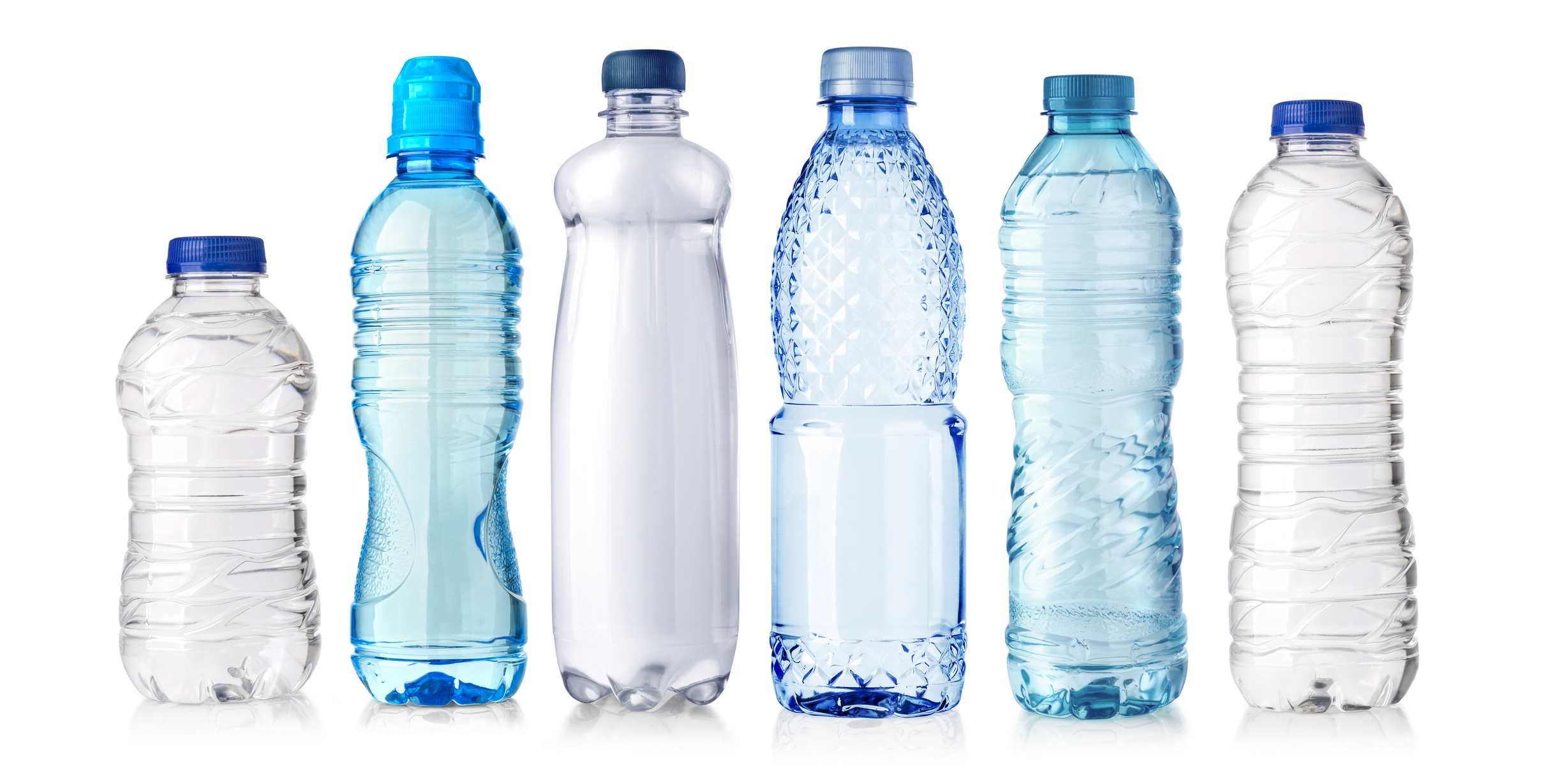
Another unnecessary plastic item used around the world is plastic water bottles. Just in the UK, we see around 13 billion plastic bottles used annually. Sadly, only approximately 60% of these are ever recycled properly, the others end up in our landfill or our environment. You can become more eco-friendly and sustainable by switching to glass or metal bottles that can be reused and refilled.
6. Upcycle
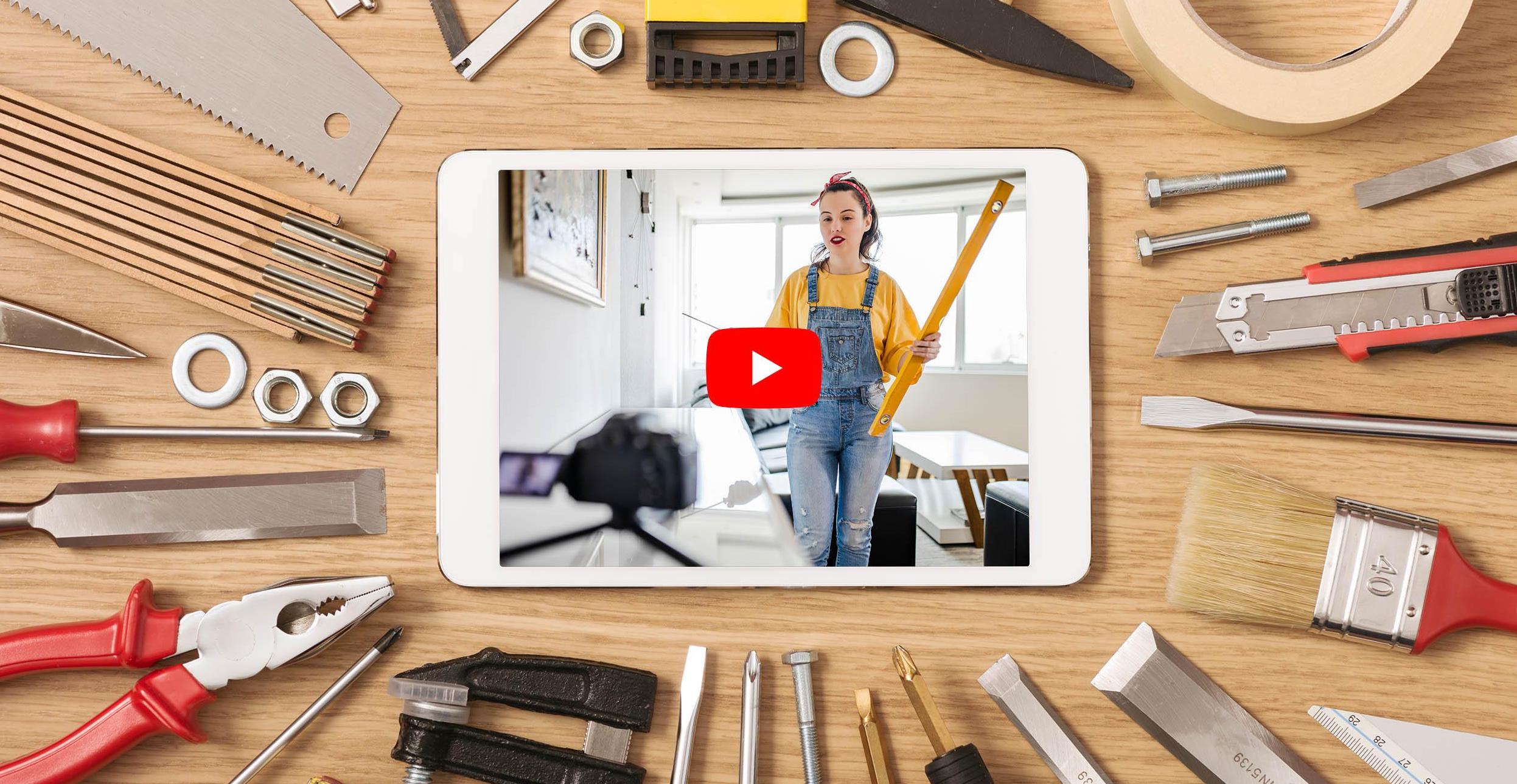
If you have any items in your home that can be repurposed, do it! You can find hundreds of valuable resources on the internet including tutorials and ideas. Upcycling your old valuables can save energy, resources, and the number of emissions that go into the manufacturing of new items.
7. Ditch the dryer
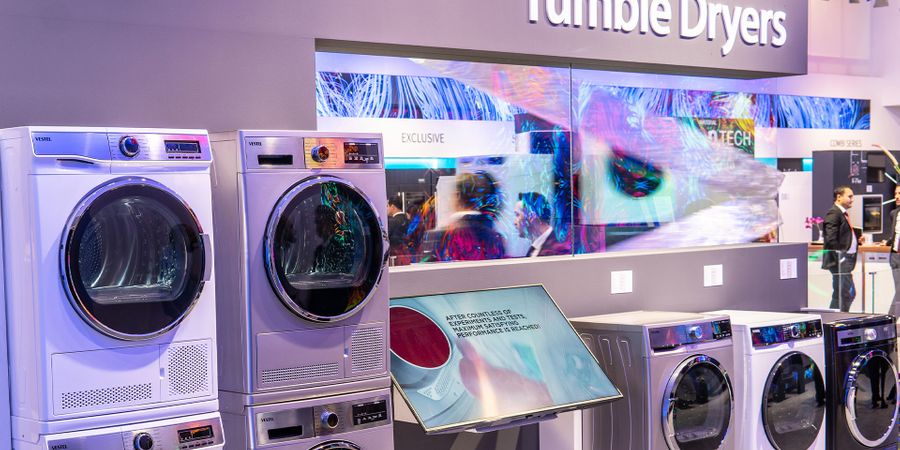
Tumble dryers require a serious amount of energy to run, along with fridges, and washing machines. Not only that but they also create approximately 1.8kg of CO2. In the UK a staggering 60% of households own a tumble dryer. Always try to air dry your clothes to reduce your household carbon footprint by up to 2,400 pounds a year.
8. Turn off lights/electronics
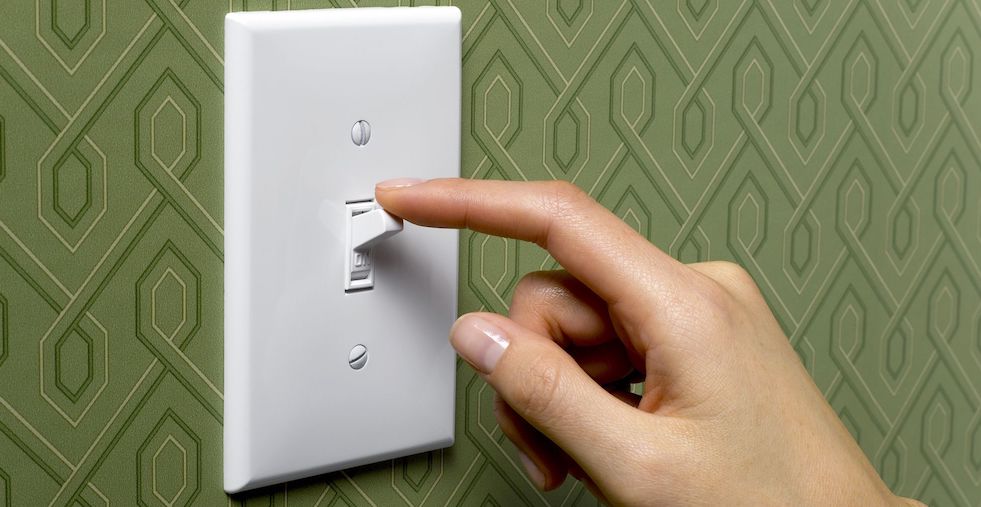
The actual cost of keeping a light bulb on doesn’t equate to much, however, leaving them on for a long time means the cost does add up. Lighting in a home adds up to around 12% of the average household electricity bill. Remember to turn your lights off when they’re unnecessary to reduce your carbon footprint.
9. Reduce meat intake

We don’t expect everybody to become vegans if that isn’t their goal. However, you can make a difference just by reducing your meat intake each week. Maybe try and add one or two vegan meals to your food shop. Doing this can reduce emissions of greenhouse gases and methane, as well as reduce water usage needed to produce processed meats.
10. Compost wasted foods
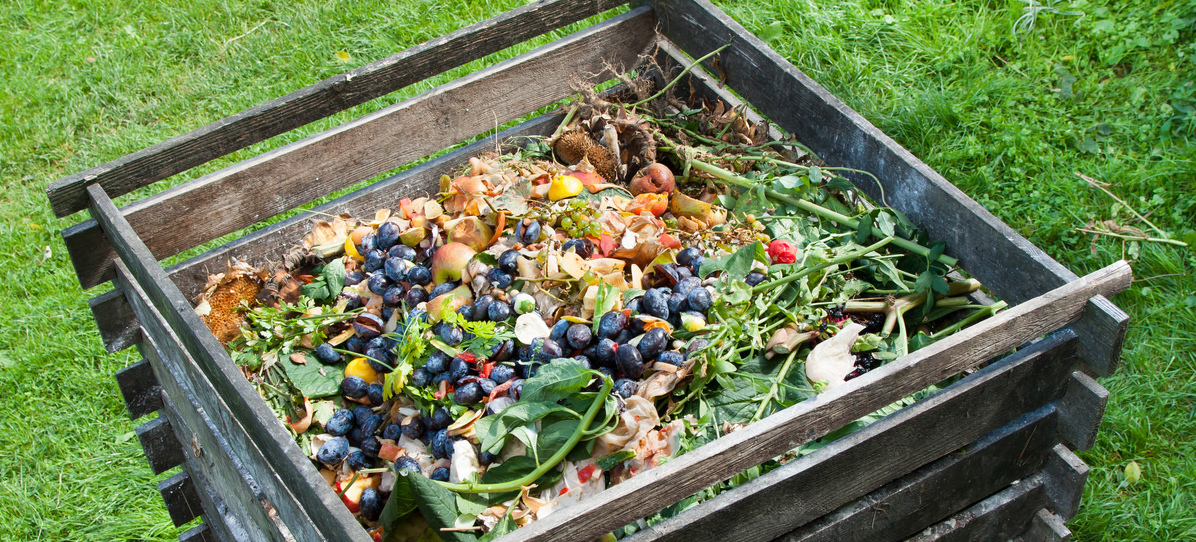
Another way you can become more eco-friendly with your food is by composting your leftovers. Not only are you not throwing money away, but you can also help the environment. As a result of composting you can reduce the level of methane emissions greatly. Compost can also lessen the need for fertilizers and encourages the growth of agricultural crops.
11. Cleaner travel plans
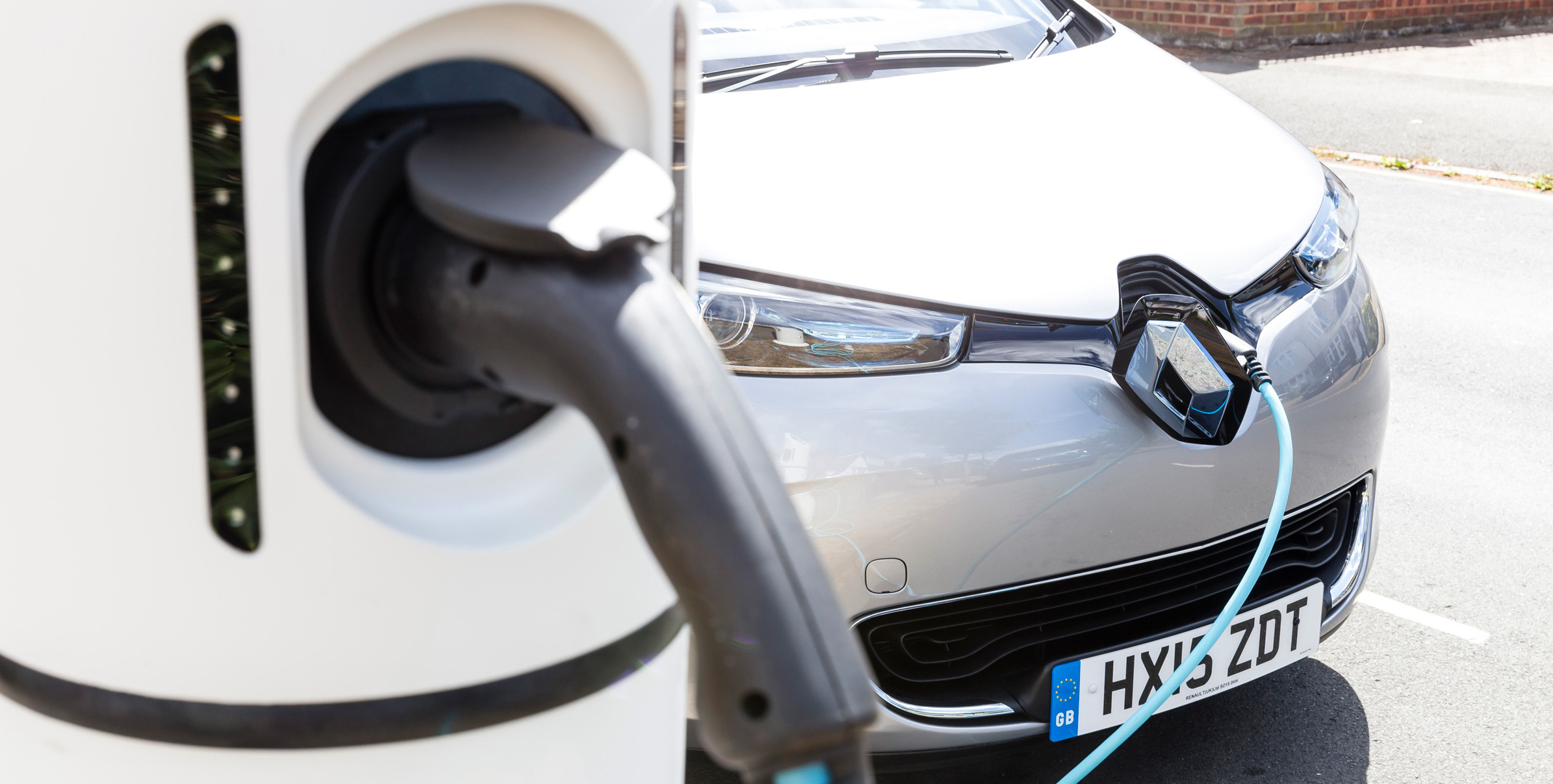
Our millions of vehicles on the road cause harmful pollutants and greenhouse gases which damage our environment and cause climate change. If you’re doing short journeys, why not consider walking or even cycling to your destination? For longer journeys take a look at your local train timetables, taking a train instead of a car can reduce your emissions by up to 80%. For everyone that needs a car, we get it! Why not look into upgrading to an electric model, in just one year you can prevent an average of 1.5 million grams of CO2 from entering our atmosphere. To put that into perspective, that is the same amount caused by 4 return airplane flights from London to Barcelona.
12. Water waste

Less than 1% of the world’s water is fresh and available for consumption. Wasting it from your tap is wasting a vital resource that a surprising amount of humans don’t have access to. Another incentive to reduce your water waste is your money, the more you waste, the more you pay for it. Furthermore, one of the biggest reasons why you should be conscious of your water waste is its effects on the environment. The need for freshwater increases with the amount of water wasted. This means the filtration process has to be done more often which requires non-renewable resources. As a result of this dangerous chemicals are produced, such as carbon dioxide, build up and damage the atmosphere and contribute to climate change.
13. Don’t buy unnecessary equipment

Instead of buying new items of equipment and other items that you don’t need regularly, try to borrow them from friends or family. This can help by reducing the demand for these products which can lower the production amounts. In turn, this will reduce emissions and all resources needed for the production process.
14. Ditch plastic bags
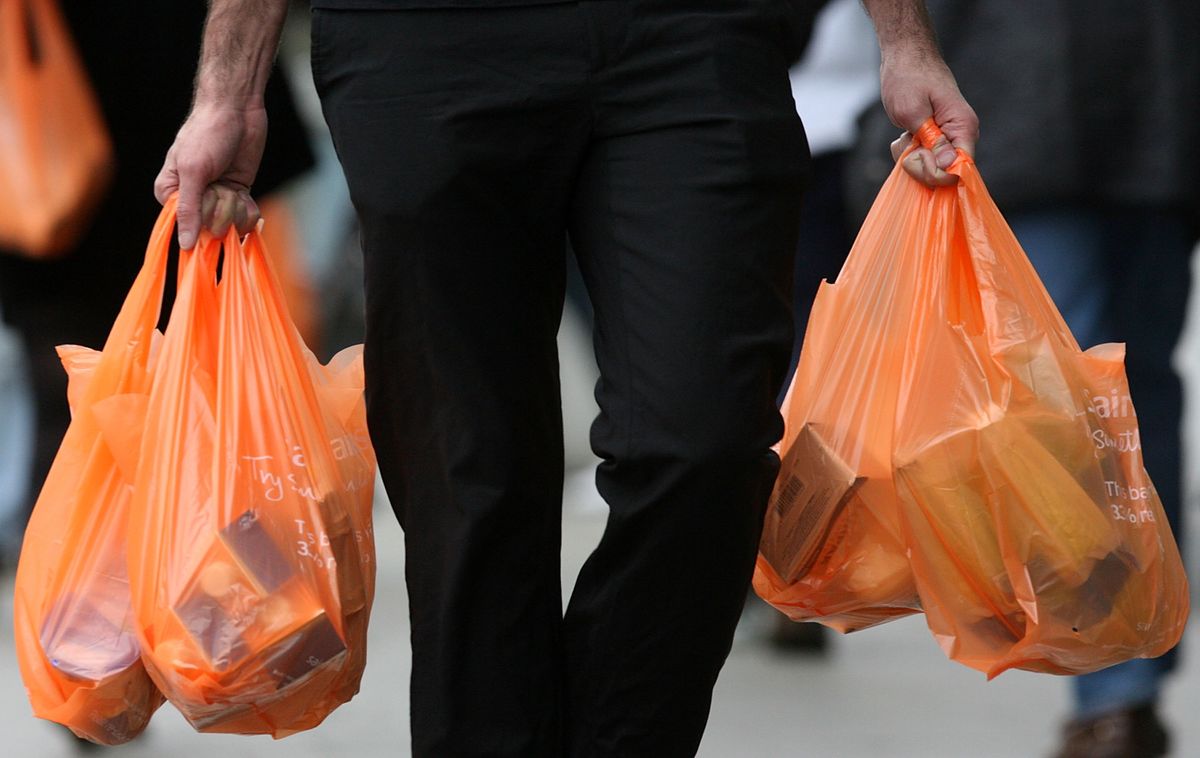
Disposable plastic bags are made from non-renewable resources which cause damage to the environment during the production process. Not only that but they take 1,000 years to decompose in landfill, even when they do break down they create microplastics that absorb toxins and pollute our environments. When disposed of, they often end up in our oceans and cause harm to our wildlife. Sea turtles often confuse them with their usual prey, jellyfish.
15. Switch light bulbs

When you choose your lightbulbs, always try to opt for LEDs as they use up to 85% less energy than an average conventional bulb. Reducing the amount you use your lights means you can reduce carbon emissions and other greenhouse gases too. It is a very easy and cost-efficient way to improve your sustainability.




